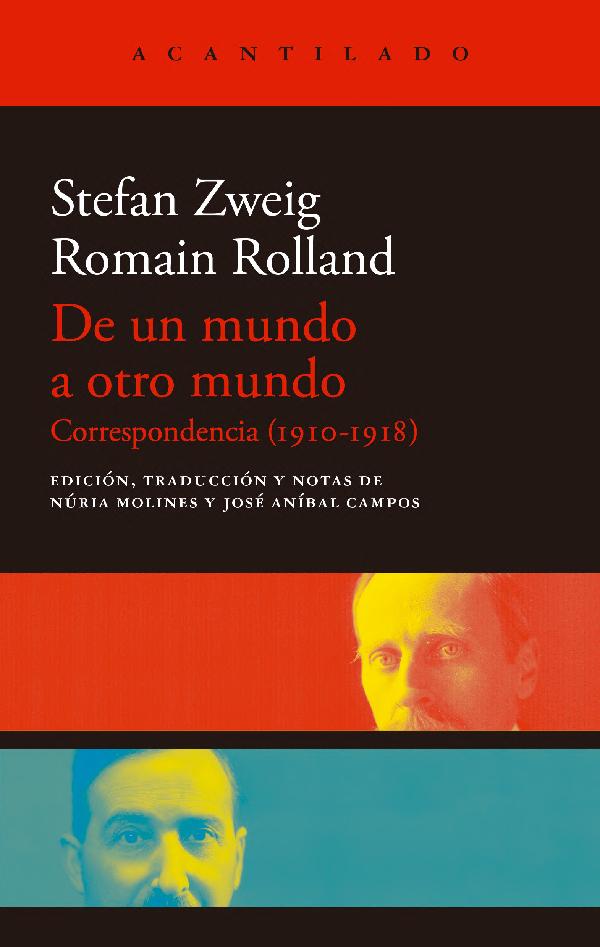
Description
xThis book mixes impressions of Viennese and European life before the World War I with Zweig's personal recollections and detailed anecdotes. It chronicles the final days of Austria-Hungary under Emperor Franz Joseph I of Austria, including the educational system and sexual morals of the time, the same environment that served as the backdrop for the rise of psychoanalysis. Zweig also describes the stability of Viennese society after major reforms in the welfare system ensured pensions and health coverage for most citizens. He unashamedly points out the defects of that disappeared society (the poverty of large sectors of the population, the permanent minority of women, sexual hypocrisy). According to Zweig, ancient European societies, in which religion (Christianity) played a central role, condemned sexual impulses as if they were the work of the devil. At the end of the 19th century, the devil had been abandoned as an explanation of sexuality; hence it lacked a language capable of describing and condemning sexual impulses. Sexuality thus remained unmentioned and was the unmentionable, although it continued to exist in a parallel world that could not be described, mainly prostitution. The fashion of the time would contribute to this particular oppression by denying the existence of the female body and constraining it through corsets.
Additional Information
xPages: 424
Format: Paperback
BISAC Code: LCO011000
- Choosing a selection results in a full page refresh.


